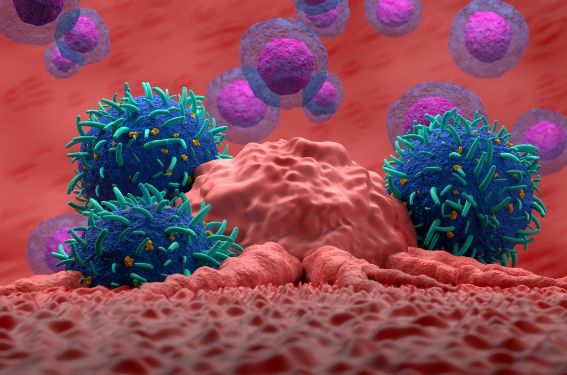When breast cancer metastasizes, or spreads to other parts of the body, it is known as metastatic disease. The survival rate for people with metastatic breast cancer varies greatly. Some people live for years with courage, tenacity and hope, treating their condition as a chronic illness, with medication to control tumor growth.
Some women who were diagnosed with early-stage breast cancer develop metastatic disease at some point. This occurs because the cancer cells didn’t completely disappear or were left dormant after treatment. When these dormant cancer cells are reactivated, they can start to grow and form new tumors in other parts of the body. The most common sites for metastatic breast cancer to spread to include the lymph nodes, bones, lungs and liver.
A person with metastatic breast cancer may experience a variety of symptoms, depending on where the cancer has spread and how much it has grown. Some of these symptoms can be very difficult to cope with, such as a loss of appetite or trouble sleeping. These symptoms can also affect a person’s mood and energy levels. Some women with metastatic breast cancer find comfort in joining a support group or connecting with other people who are experiencing the same things.
If a person is experiencing any of the above symptoms, they should speak to their doctor as soon as possible. They will be able to advise them on the best course of action for further testing and treatment.
Often, the first step in treating a person with metastatic breast cancer is to determine whether the spread is local, regional or distant. This is done by imaging tests such as a CT scan or MRI. Depending on the results of these tests, it may be necessary to treat different parts of the body with medication or radiation.

For example, if the cancer has spread to the bones, it is treated differently to a tumor that has spread to the lungs or liver. This is because the bones are a different tissue type and therefore require treatment with drugs that are specific to bone cancer.
As a person with metastatic breast cancer approaches the end of their life, the focus of their treatment might shift towards palliative care. This is where doctors might prescribe medication to ease pain and discomfort and improve their quality of life.
During this time, it is important for the patient to stay well-hydrated and eat a healthy diet. If they are struggling to eat enough food, a dietician can help them plan their meals. There are also a number of medications that can be prescribed to stimulate the appetite and encourage eating. However, some of these can have the side effect of drowsiness.
It is important to remember that a diagnosis of metastatic breast cancer can be emotionally devastating. If a person with metastatic breast cancer feels that they are having too many symptoms or are unable to cope, it may be beneficial for them to consider taking a break from their treatment. This could be for a short period of time or as long as they wish.








